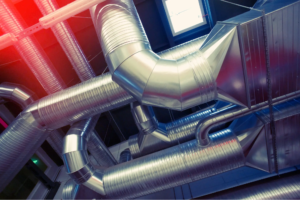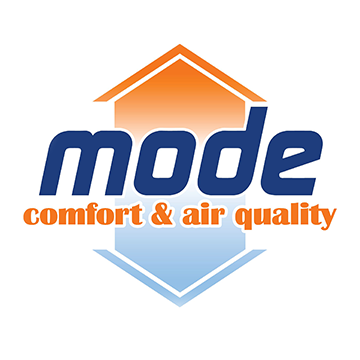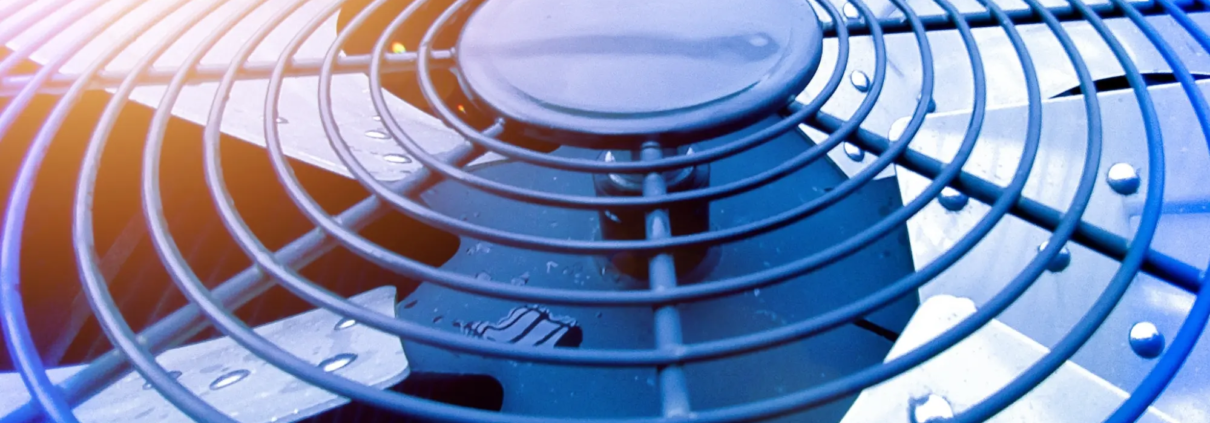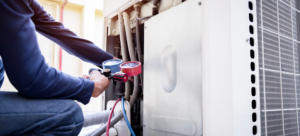Unraveling the Lifespan: How Long Do HVAC Systems Last?
Guide on When to Upgrade Your HVAC
We all know that our HVAC systems are crucial for maintaining our homes’ comfort levels year-round. But have you ever wondered just how long HVAC systems last? In today’s blog post, we’re diving into this hot topic, demystifying the average life of HVAC systems and giving you all the cool details. Buckle up for an enlightening journey into the world of heating, ventilation, and air conditioning!
How long does an HVAC system last?
The lifespan of an HVAC system can considerably depend on various factors such as the type of system, its quality, usage, maintenance, and the environment in which it operates. It is critical to understand these aspects to estimate the longevity of an HVAC system accurately. Typically, an HVAC system can last anywhere between 15 to 25 years. However, this range is not absolute. Individual components of the system, such as air conditioners, usually last between 10-15 years, while furnaces can last up to 20 years or more. Heat pumps often need replacement every 10–15 years. For components like boilers, the lifespan extends even further, often between 15 to 30 years. There is no one answer to “how often to replace HVAC systems?” due to all of the variables that must be considered.
Need emergency heating services? Mode Comfort offers emergency HVAC repair. Call now!
When should you replace your HVAC system?
Here are 5 common signs that your HVAC system needs to be replaced:
- Increasing Energy Bills: If you’ve noticed a significant increase in your energy bills, it may be time to consider replacing your HVAC system. Older units tend to operate less efficiently, requiring more energy to maintain the desired temperature. Investing in a new, energy-efficient model could save you a significant amount on your monthly bills in the long run.
- Frequent Repairs: Do you have the HVAC technician on speed dial? This could be a definite sign that your system is nearing its end. Frequent and costly repairs can add up over time and could indicate that the system is no longer able to function properly.
- The Age of the System: The average lifespan of an HVAC system is around 15 to 20 years. If your system is over this age and starting to show signs of wear and tear, it might be more economical to replace it with a newer, more efficient model.
- Uneven Temperature Distribution: If some rooms in your home are colder or hotter than others, this could be a sign that your HVAC system is not functioning properly. Age, damage, or design flaws in the system may result in uneven temperature distribution.
- Excessive Noise: An HVAC system that’s operating correctly should be relatively quiet. If you’re noticing strange noises when the system operates this may be an indication of potential system faults, and it could be time for a replacement.
How long is a typical HVAC warranty?
The length of a standard HVAC warranty can vary depending on the brand, the model, and the type of system you are purchasing. On average, these warranties range from 5 to 10 years. However, some higher-end models may offer extended warranties that last up to 12-15 years. It’s important to check with the manufacturer or your HVAC installer to get accurate information about the warranty you’re offered.
An HVAC warranty usually covers the functioning parts of the system such as the compressor, motors, and coils. It is designed to protect consumers from potential defects in manufacturing and workmanship that may lead to system breakdowns. However, regular wear and tear, improper installation, and lack of maintenance might not be covered under a standard warranty. For such situations, an extended warranty or service contract might be useful. Mode Comfort proudly offers a 2-year labor warranty on all of our installations. We also offer maintenance plans that will ensure that your system is running properly. Find out more!

How long does it take to install an HVAC system?
Installation time of an HVAC system can vary depending on several factors, including the type of HVAC system being installed, the size and complexity of your property, and whether or not existing infrastructure needs to be removed or repaired. In cases where existing infrastructure isn’t adequate or needs repair, the process may be prolonged. For instance, if there’s a need to repair or add new ductwork, the process will typically take longer. Furthermore, unexpected repair or modification needs such as electrical upgrades or removal of old equipment can extend the installation time. If you only need an air conditioner or heat pump replacement, the project may move faster. Mode Comfort has trustworthy HVAC repair near you. Call Mode Comfort today for an estimate!
What is included in an HVAC system replacement?
With the temperature fluctuation in the Richmond area, it may feel like there is never a best time to replace HVAC systems. Mode Comfort is dedicated to making your HVAC replacement as quick and comfortable as possible. In an HVAC system replacement, various components may be included that are crucial for maintaining the efficiency and functionality of the system.Your replacement may include:
- Furnace: This is the powerhouse of your HVAC unit, responsible for heating your home by warming up air and distributing it throughout different rooms. In an HVAC system replacement, your old, worn-out furnace may be switched out for a new, energy-efficient model, improving both heating performance and cost efficiency.
- Air Conditioning Unit: Replacements include switching out your old air conditioning unit for a new one. This is responsible for cooling your home during hot seasons, providing comfort and balanced air temperatures. Need AC repair, Richmond? Call Mode Comfort today!
- Heat Pump: Instead of a furnace and air conditioner, you may have a heat pump, which does both heating and cooling.
- Ductwork: Over time, ductwork can get damaged and/or clogged, rendering it less effective. During HVAC system replacement, new ductwork could be installed to ensure efficient airflow and improved air quality.
- Thermostat: Your old, manual thermostat could be upgraded to a programmable or smart thermostat. A new thermostat can provide more accurate temperature control and enhance energy efficiency.
- Vents and Grilles: These components that help direct airflow might also be part of a comprehensive replacement. If your existing vents and grilles are damaged or improperly sized, they could hinder the efficiency of your HVAC system.
- Filters: Regular maintenance should include frequent filter replacements. However, when getting a new HVAC system, new, perhaps higher-quality filters will also be included.
- HVAC Controls System: Your new HVAC system will likely come with a new controls system. These controls will allow you to adjust temperature, airflow, and humidity levels for better comfort.
So, when you plan for an HVAC system replacement, not just the core units but all the peripheral components as well are commonly included in the replacement process. These contribute to overall system performance, enhancing your quality of life by ensuring a comfortable, energy-efficient home environment.
Mode Comfort Can Help with Your HVAC System

Understanding proper maintenance, the benefits of regular checkups and the factors affecting the longevity of HVAC systems is crucial for homeowners and facility managers alike. Investing in diligent care for these systems not only prolongs their lifespan but also warrants a healthy and comfortable living environment while saving you substantial costs in the long run. With advancements in technology and growing awareness about energy conservation, the future of HVAC systems is promising, leaning towards systems that are ecologically friendly, efficient and enduring. Mode Comfort and Air Quality is proud to offer the best HVAC service in Richmond. We are ready and available to offer assistance with your HVAC system needs.





Leave a Reply
Want to join the discussion?Feel free to contribute!